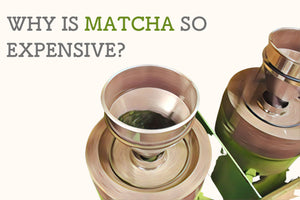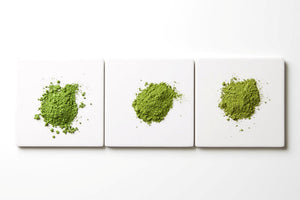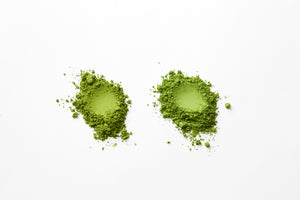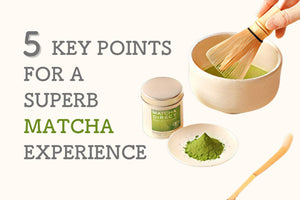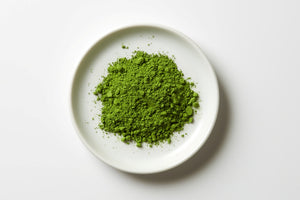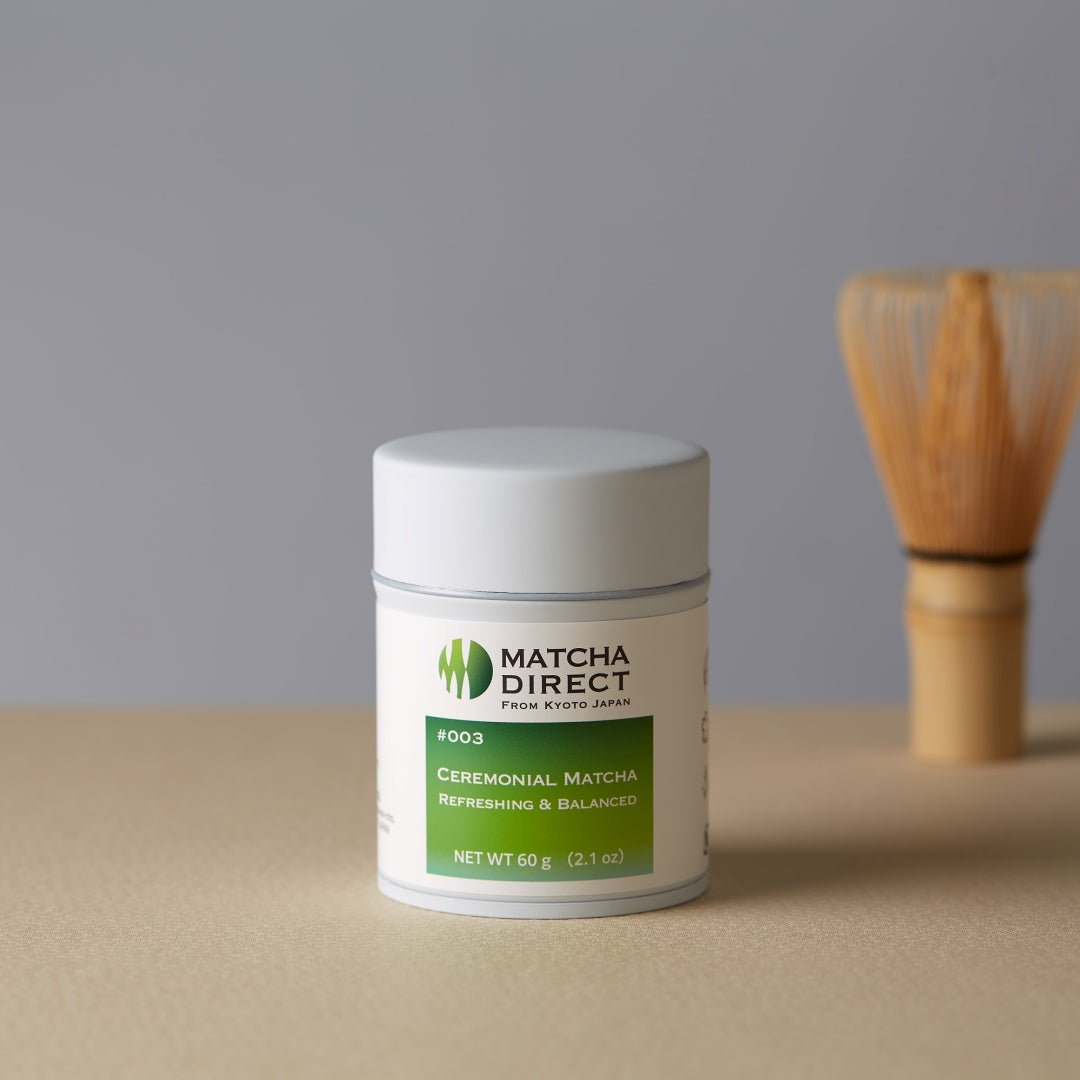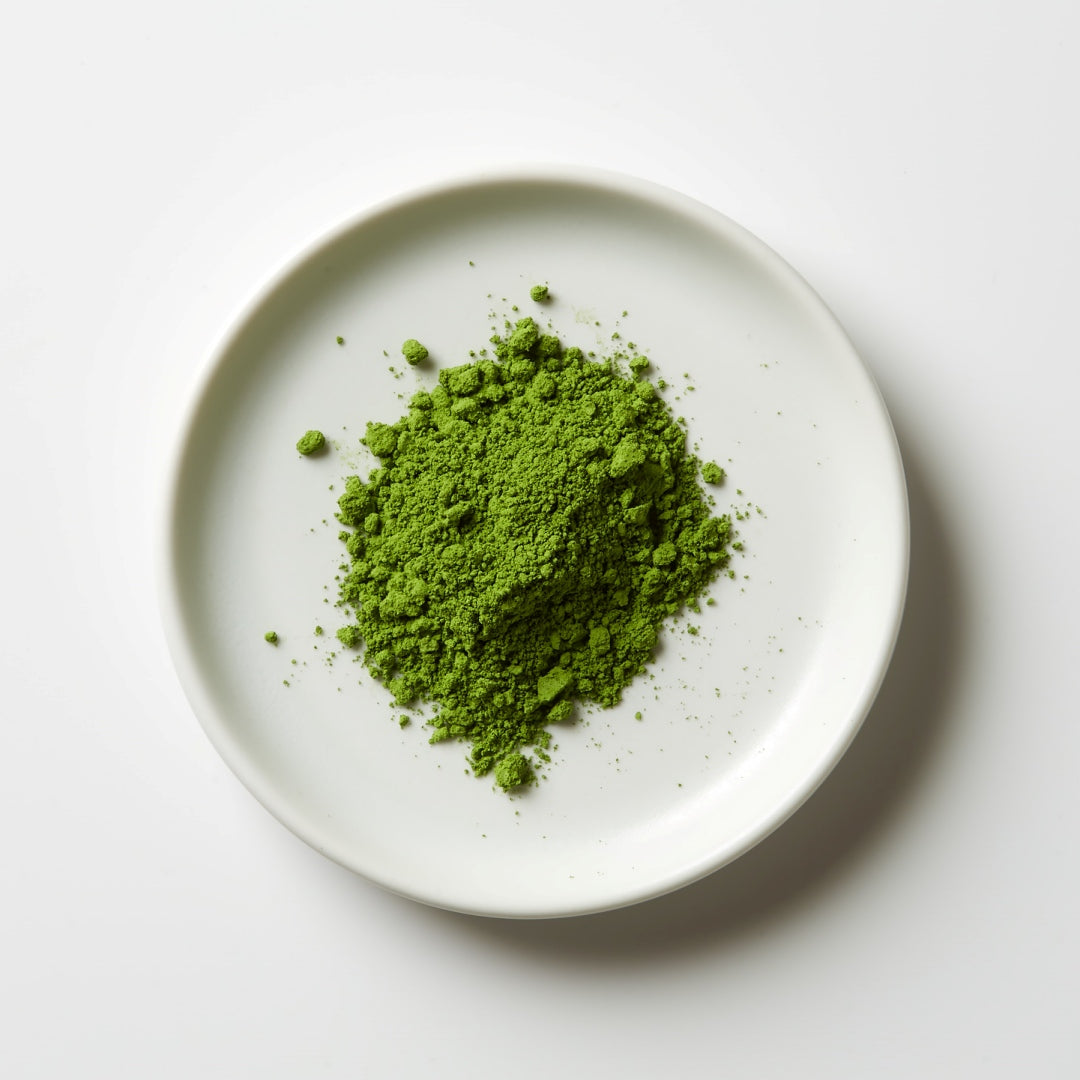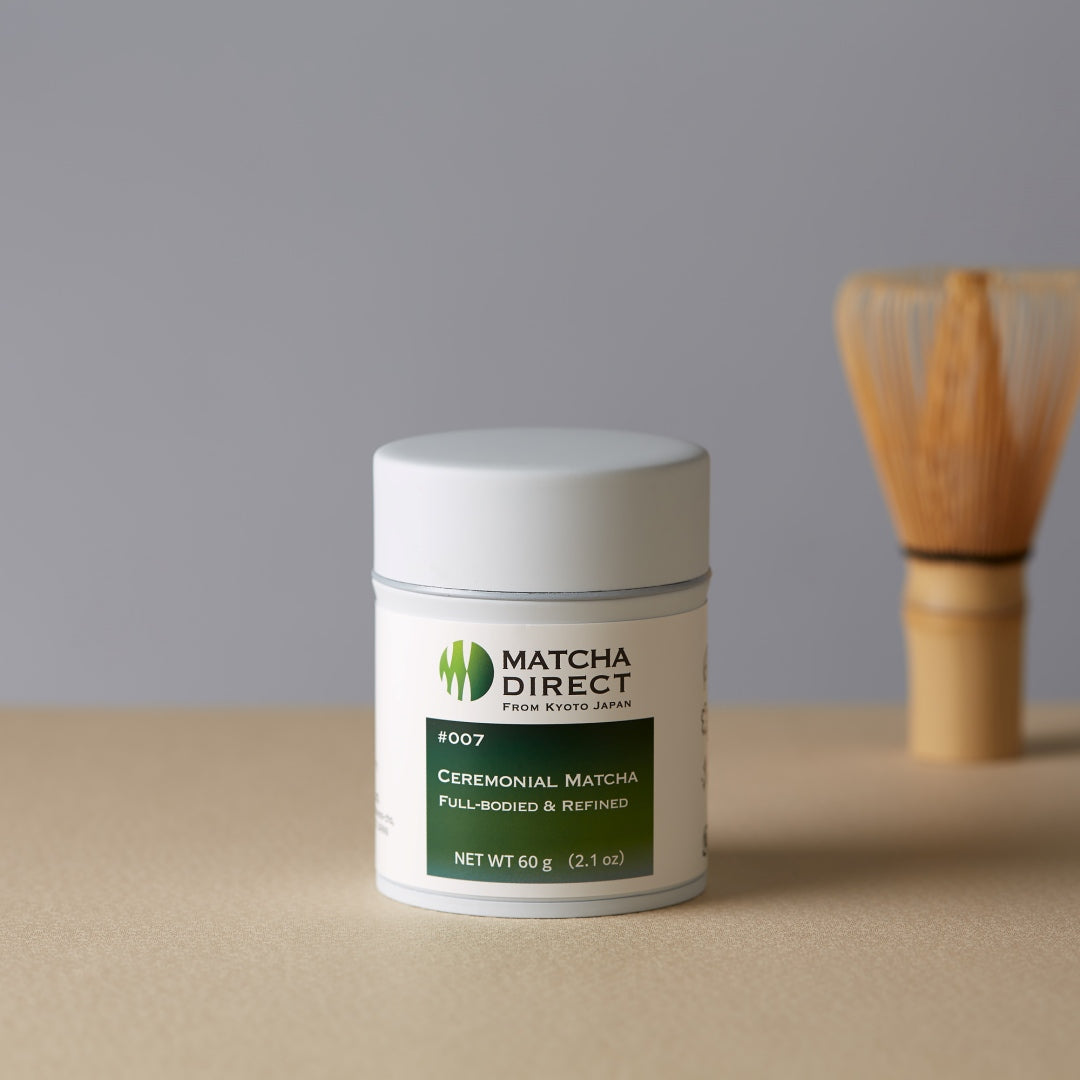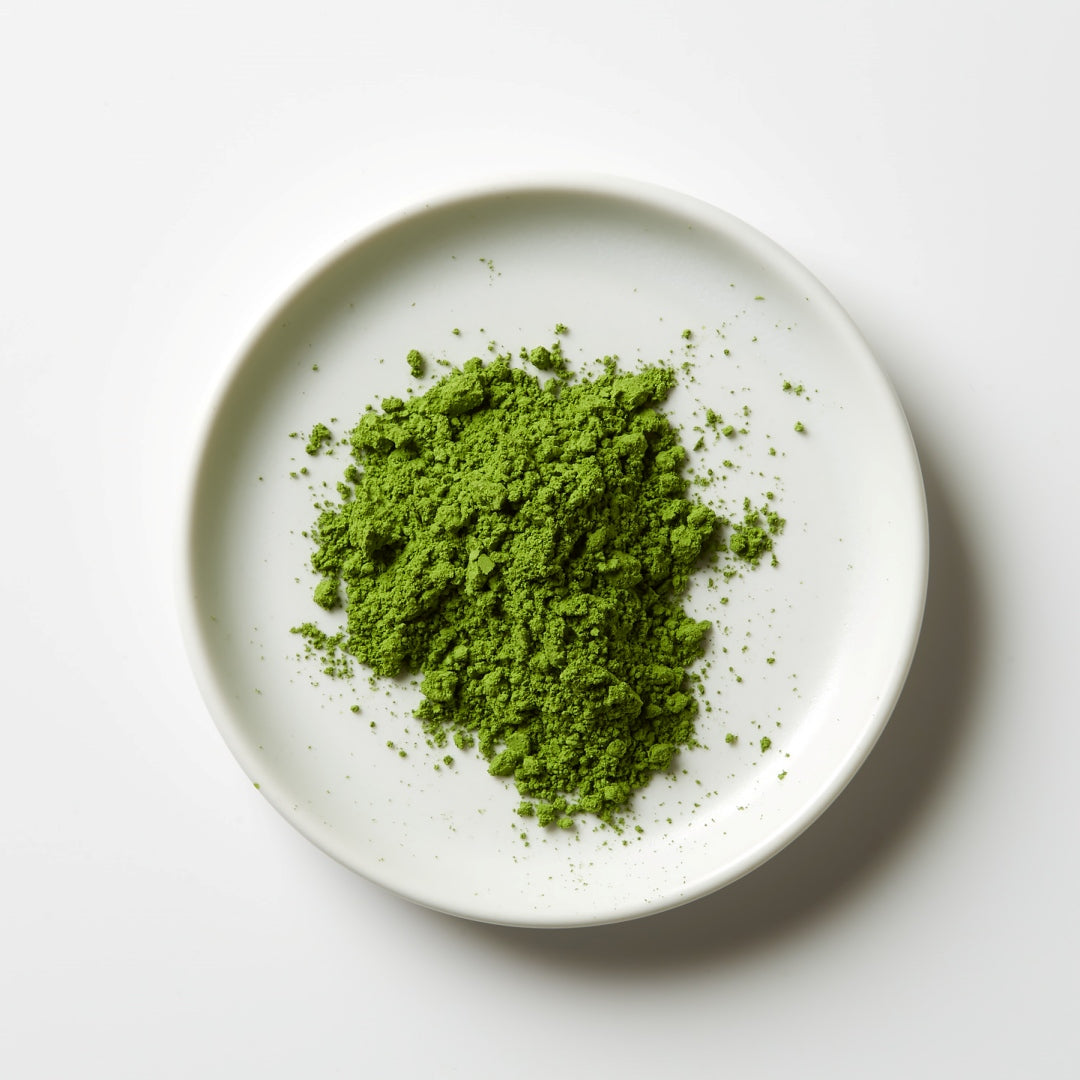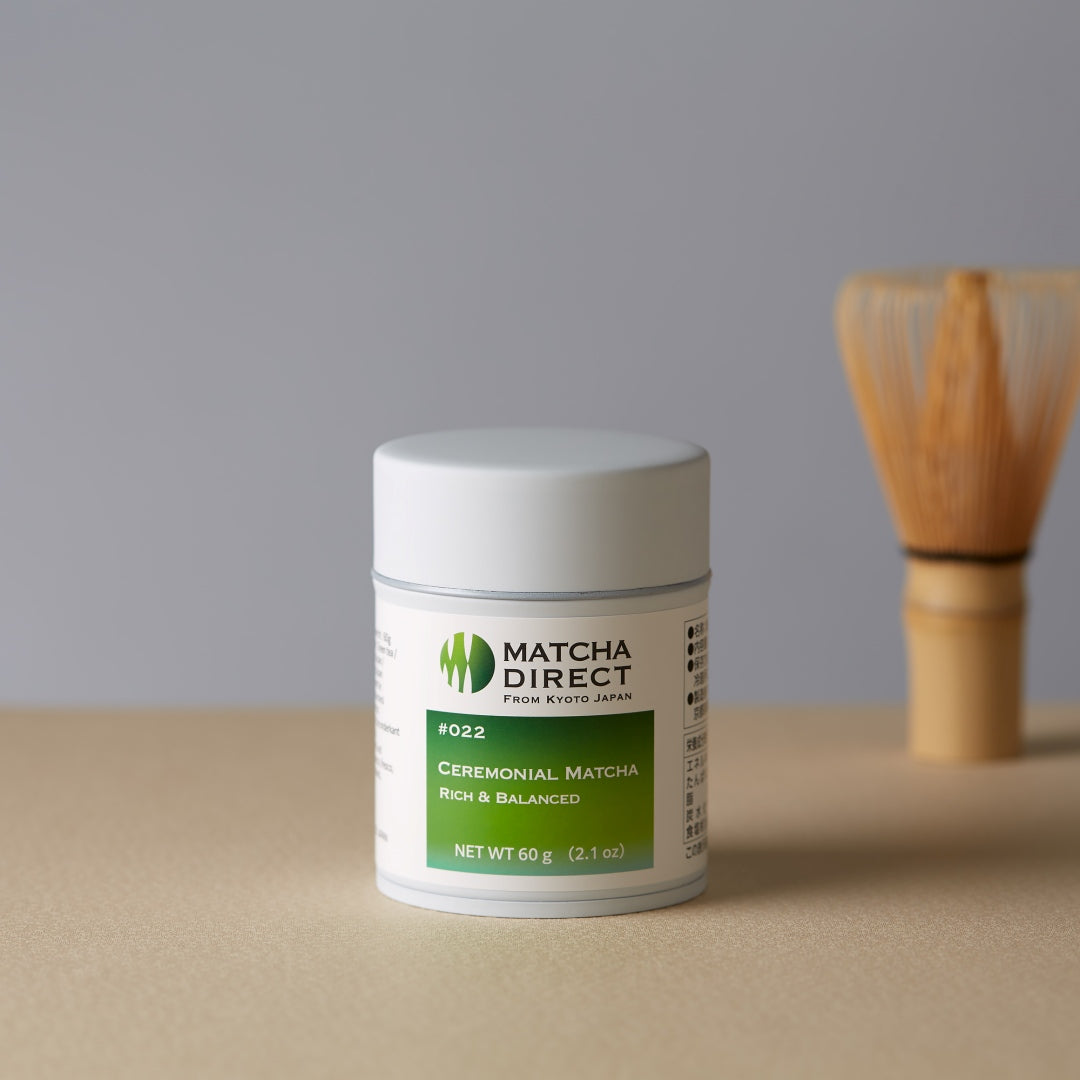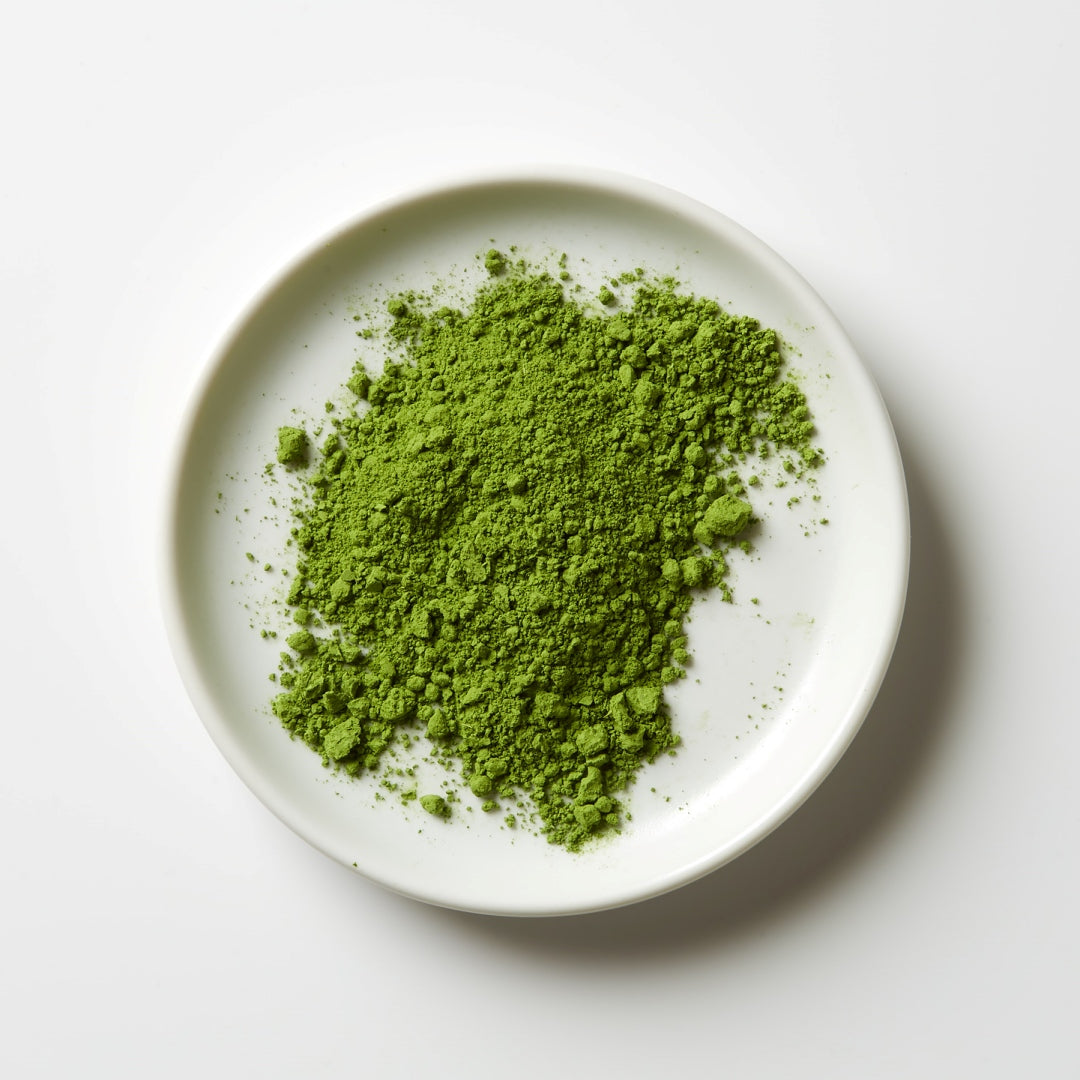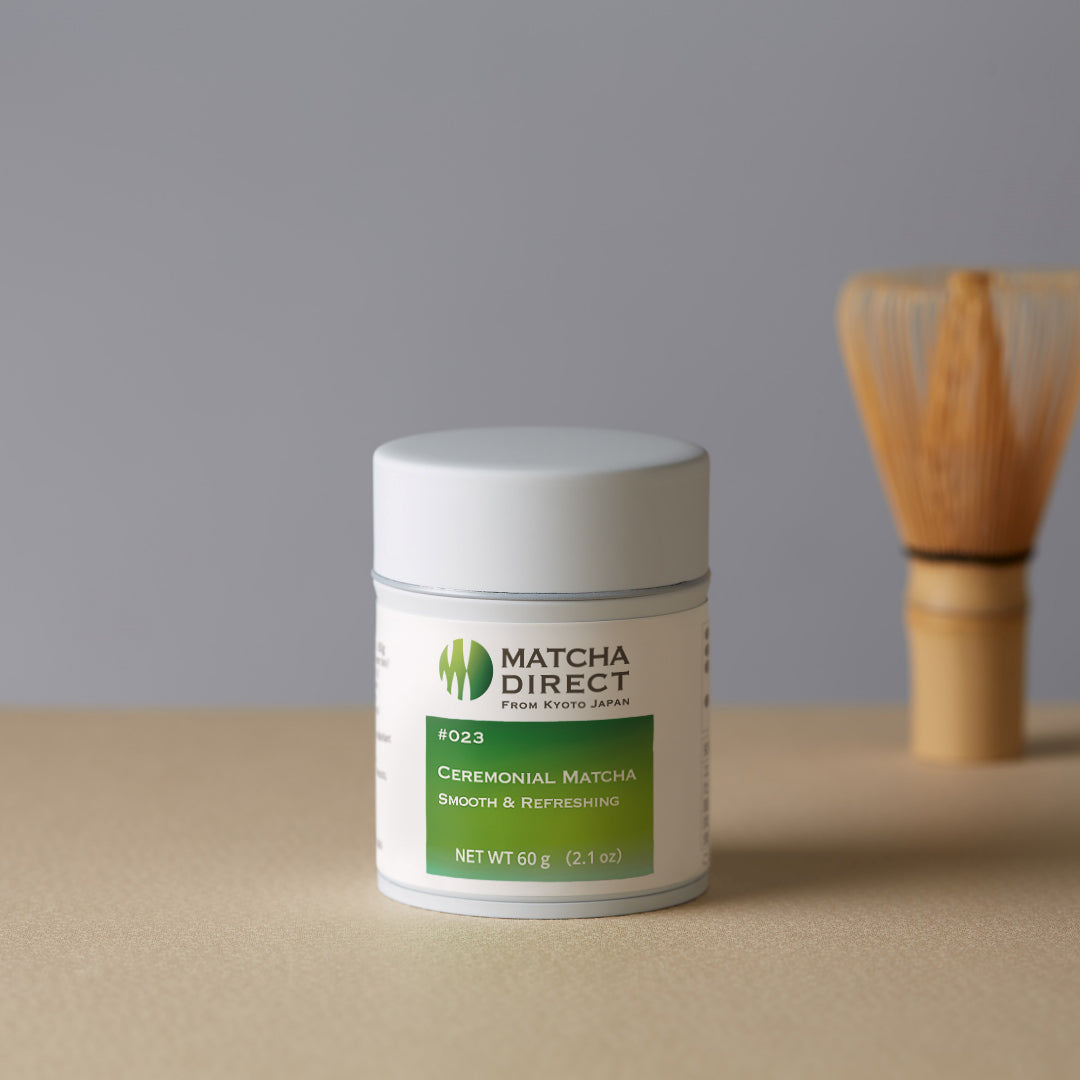Discovering the Best Organic Matcha Powder: What Criteria Matter Most?
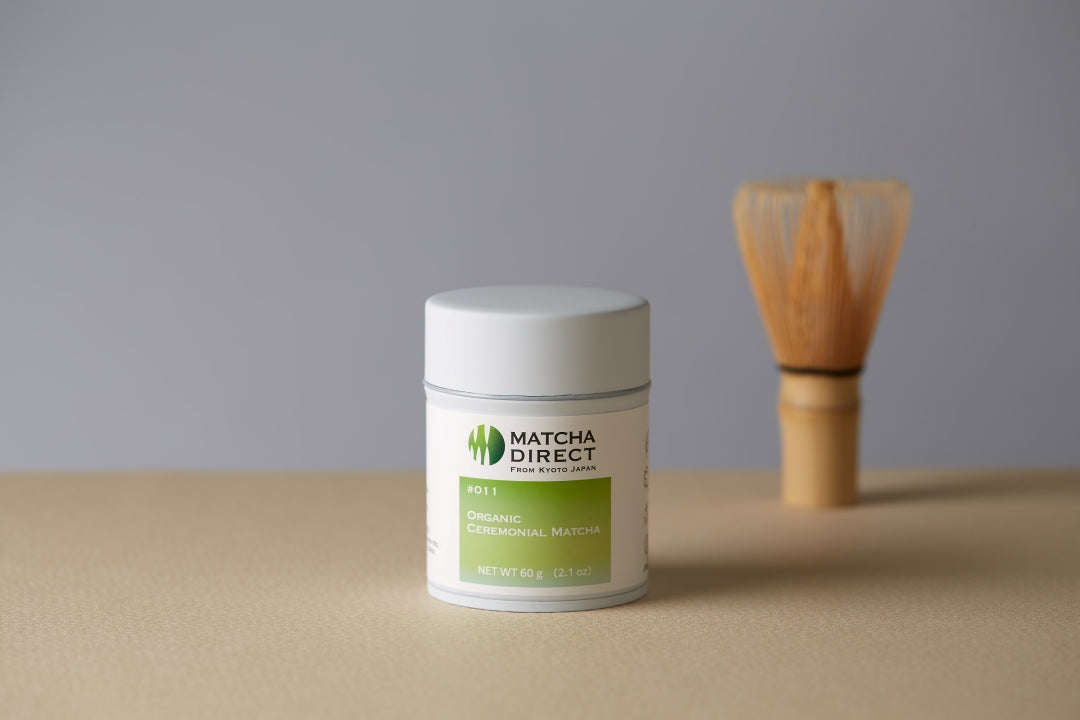
Organic products are taking the world by storm, with a wide range of items like cotton, vegetables, cosmetics, wine, fruits, coffee, and soap now available in organic options. While in the past, products with superior quality and functionality were the primary drivers of sales, the modern market requires more than just those factors for success.
The trend is no different for matcha; in the world, organic matcha is quickly becoming the norm.
What is Organic Matcha Powder?
Organic matcha is made by grinding tea leaves that have been cultivated organically. While it is easy to focus solely on the cultivation aspect, the term "organic" actually requires a guarantee of organic integrity throughout the entire process, from cultivation to delivery to customers. For simplicity, let's break it down into two main processes.
The first stage is cultivation. Organic cultivation refers to a method of farming that does not use chemical fertilizers or synthetically-produced pesticides. By maximizing the natural abilities of the soil and plants, this approach minimizes the environmental impact. Farming methods, which do not adhere to organic standards, are called "conventional cultivation." There is also a middle ground where reduced pesticide use is attempted.
The second stage is manufacturing. In this process, it is crucial to avoid contamination with conventionally-grown tea. Ideally, a separate organic-specific production line is needed. If this is not possible, established cleaning methods must be in place to ensure no contamination from non-organic sources.
Businesses involved in the cultivation and manufacturing processes of tea can obtain certification for their organic products from third-party organizations, allowing them to affix an organic certification mark. This certification mark flows through the supply chain, from upstream to downstream, ultimately reaching customers as a certified organic product.
The organic certification mark serves as a guarantee of organic integrity throughout the supply chain, with third-party organizations intervening to ensure compliance.
Regarding Organic Certification for Organic Matcha Powder
Let's dig deeper into organic certification. Each country or region has its own unique organic certification system.
Organic JAS is a certification system for organic food products in Japan, and it grants certification marks to agricultural and livestock products, as well as processed products, that meet strict criteria. The certification process involves inspections of chemical fertilizer and pesticide use, soil management, and appropriate manufacturing processes. Products with Organic JAS certification can display the Organic JAS mark.
The USDA is responsible for organic food certification in the United States. Products with USDA Organic certification can display the appropriate mark when sold within the United States.
The EU's organic certification sets a unified organic standard for the entire European Union, and products with EU Organic certification can be freely sold within the EU. EU organic standards are considered somewhat stricter than those of Organic JAS and the USDA.
In general, organic certification is a system specific to each country or region, and certification within that country is required.
However, in today's borderless environment where food is distributed globally, having each country or region independently certify products could hinder distribution. As a result, efforts towards "equivalency" in organic certification systems, which involve mutual recognition, are advancing.
For example, the United States and Japan recognize each other's organic systems as equivalent. In this case, a Japanese food business can affix the Organic JAS mark under the Japanese system, obtain an import certificate from a Japanese organic certification agency for the US market, and distribute their product in the US without having to display the USDA Organic mark.
Our organic products are delivered to customers with only the Organic JAS mark printed on package, but you can rest assured that they are guaranteed by the equivalency mentioned above.

The following countries and regions recognize the equivalency of Japan's Organic JAS system:
- United States
- European Union
- Switzerland
- Taiwan
- Canada
- New Zealand
- Australia
- Argentina
Organic Matcha Does Not Always Mean Pesticide-Free Matcha
It is a common misconception that organic and pesticide-free are synonymous. While it is true that pesticide-free can refer to not using any pesticides, this distinction does not have the same scientific rigor. At least in Japan, the term "pesticide-free" is not legally recognized.
There are two reasons for this. First, some pesticides can still be used in organic farming. These are naturally derived insecticides and fungicides that are not chemically synthesized. For example, Spinosad, an insecticide effective against the diamondback moth, is derived from the active substance produced by the soil bacterium Saccharopolyspora spinosa and is permitted for use in organic cultivation in Japan.
Second, the so-called "drift" cannot be avoided. Drift refers to the unintended spread of pesticides to crops other than the target crop during application. If a conventionally cultivated wheat field is located near an organic tea field, there is a possibility of pesticide contamination from the wheat field. This risk exists not only in the fields but also at every stage of the process.
If a product is labeled as "pesticide-free," it may indicate that the producer is either unaware of the law or ignorant of the science. Reliable tea businesses in Japan understand that using the term "pesticide-free" is illegal.
Is Organic Matcha Powder Delicious?
It is nonsensical to claim that one type of cultivation, whether organic or conventional, is more delicious than the other. There is a wide range of products within each category, and experts work to bring out the best flavors in matcha for each process.
You can rest assured that just because it's organic matcha, it doesn't mean it won't taste good. However, with such a wide range of choices available, how can you determine which high-quality organic matcha powder to purchase?
Firstly, it's a good idea to choose products labeled as "ceremonial grade." The matcha used in Japanese tea ceremonies is made from carefully selected tea leaves that come from the first harvest, which contains a high amount of L-theanine and leaves less bitterness or astringency even when consumed thickly.
However, it's important to note that "ceremonial matcha" isn't a standardized term, meaning that matcha sellers can essentially name their products however they like. Therefore, relying solely on the "ceremonial" label might not be enough, and it's better to trust sellers who clearly indicate the tea's harvest period. Look for terms like "first flush" or "first harvest" on the product page, as these are crucial indicators of quality.
Why is Organic Matcha More Expensive?
As mentioned earlier, organic cultivation tends to be more expensive. Essential components for creating delicious tea, such as nitrogen, phosphorus, potassium, and zinc, must be supplied through natural fertilizers rather than more efficient chemical fertilizers. If pests or insects become a problem, organic farming faces greater challenges and risks in terms of yield.
The production process also presents additional challenges. To avoid contamination of residual pesticides between organic and conventional cultivation, separate production lines are generally required. Alternatively, if the same line is used, production must be segregated to guarantee no contamination occurs. The extra expense of establishing and managing these lines makes organic matcha production costly.
Production Regions for Organic Matcha (Tencha)
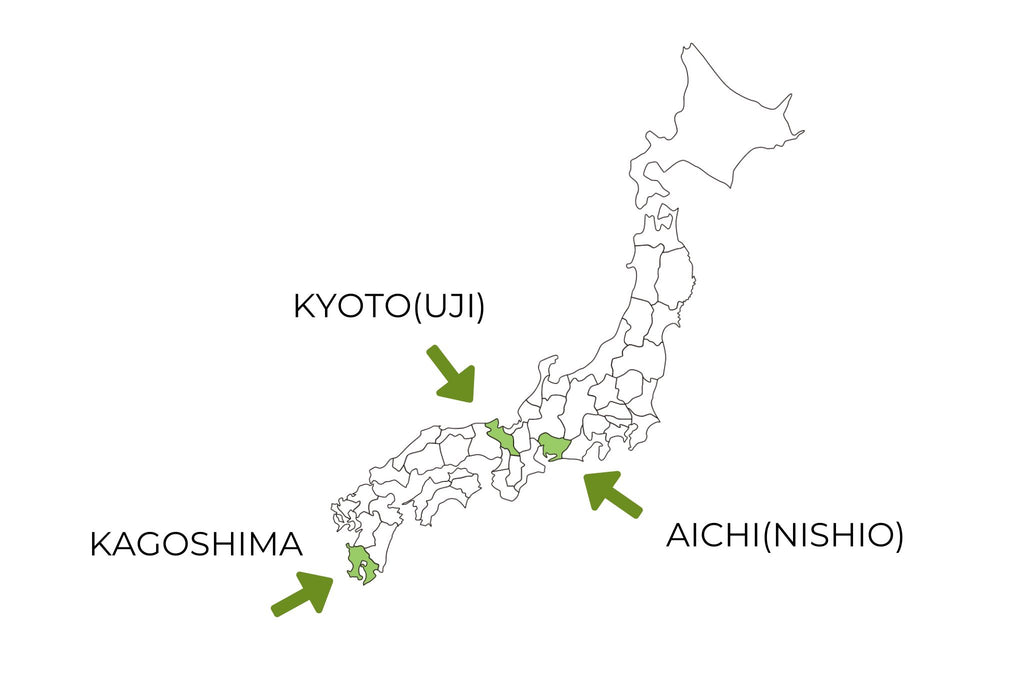
In every region where tencha is produced, innovative farmers have been attempting and achieving success in organic farming. (Tencha is the state of the tea leaves before they are ground into matcha powder.)
Among these regions, Kagoshima stands out with its vast tea fields, which make drift management easier, and its thriving livestock industry, which ensures efficient distribution of fertilizers, making it well-suited for organic cultivation.
Our organic matcha lineup is primarily composed of products sourced from farmers in Kagoshima, and we confidently offer a well-balanced combination of quality and price. For not only non-organic product but also organic products, we provide only the highest quality first-harvest matcha.
What Criteria Matter Most for Choosing the Best Organic Matcha Powder?

Various matcha sellers sell organic matcha powder. Organic certification is a process in which each matcha vendor within the supply chain receives certification from a third-party organization, ensuring the product's organic nature. Therefore, it is crucial that information is appropriately disclosed.
First and foremost, check whether the organic certification is properly displayed. It's not enough for the product name to simply say "organic." Make sure the certification mark is either properly affixed or printed on the package.
However, as mentioned earlier, there is a rule called "equivalence." For example, a product sold in the United States doesn't necessarily need to have the USDA organic mark. It is possible for a product to be sold in the United States with only the Japanese organic JAS mark. If the Japanese organic JAS mark is affixed, the product is guaranteed to be of Japanese origin since it has been certified by a Japanese certification agency. This may be a better option for those who are particular about purchasing Japanese products.
Secondly, make sure the term "pesticide-free" is not being used. This can be an effective way to assess the credibility of a matcha seller. In Japan, it is widely understood among tea vendors that using the term "pesticide-free" is not desirable. Avoid sellers who use this expression carelessly.
These two points serve as criteria to determine whether a seller selling organic products can be trusted.
The final criterion is the harvest period.
With a plethora of organic products available, focusing on the harvest period is the most important factor in reducing the likelihood of purchasing a subpar product. Choose products that clearly state "first harvest" or "first flush." As mentioned earlier, the term "ceremonial" alone doesn't reveal much about the actual product. While there may be high-quality ceremonial-grade organic matcha for tea ceremonies, these products are rare and not widely distributed.
To avoid disappointment, it is recommended to purchase from sellers who clearly disclose the harvest period.

